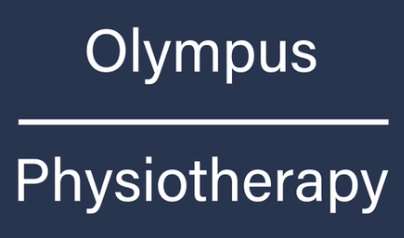Meniscus Injuries
What are Meniscus Injuries?
Meniscus injuries involve damage to the C-shaped pieces of cartilage that act as shock absorbers between your thighbone (femur) and shinbone (tibia). Each knee has two menisci - the medial (inner) and lateral (outer) meniscus. These structures help distribute weight, provide stability, and reduce friction during knee movement.
Meniscus tears can be acute (from sudden trauma) or degenerative (from wear and tear over time). The type, location, and size of the tear determine symptoms and treatment options, with some tears healing naturally whilst others may require surgical intervention.
What Causes Meniscus Injuries?
Meniscus injuries occur through various mechanisms and contributing factors:
Acute injury mechanisms:
Sudden twisting or pivoting movements with the foot planted
Deep squatting or kneeling with rotational force
Direct impact to the knee during contact sports
Hyperflexion injuries where the knee bends excessively
Combined movements involving rotation and compression
Degenerative mechanisms:
Age-related wear and tear of meniscus tissue
Repetitive loading activities over time
Gradual breakdown from normal daily activities
Previous knee injuries affecting meniscus health
Altered knee mechanics from other conditions
Sport-specific causes:
Football tackles with knee twisting
Rugby rucks and mauls with rotational forces
Basketball or netball pivoting movements
Tennis or squash lunging with rotation
Running on uneven surfaces causing awkward steps
Contributing factors:
Previous ACL injuries increasing meniscus tear risk
Muscle weakness affecting knee stability
Poor movement patterns during sport
Inadequate warm-up before intense activity
Returning to sport too quickly after injury
Age-related changes in tissue quality (over 40 years)
What Are the Symptoms?
Meniscus injury symptoms vary depending on the type and severity of tear:
Acute tear symptoms:
Sharp pain at the time of injury, often on the joint line
Immediate swelling that develops within hours
Difficulty continuing activity or bearing weight
Feeling of something "catching" or "locking" in the knee
Possible audible "pop" at the time of injury
Degenerative tear symptoms:
Gradual onset of pain over weeks or months
Intermittent swelling after activity
Stiffness, particularly after periods of rest
Aching pain that may be difficult to localise
Symptoms that come and go with activity levels
Mechanical symptoms:
Knee locking or inability to fully straighten
Catching sensation during movement
Clicking or popping sounds with knee motion
Feeling of the knee "giving way" during activity
Difficulty with deep squatting or kneeling
Location-specific symptoms:
Medial meniscus tears: pain on the inside of the knee
Lateral meniscus tears: pain on the outside of the knee
Posterior horn tears: pain with deep knee bending
Anterior horn tears: pain with knee extension
Functional limitations:
Reduced performance in sports requiring cutting and pivoting
Difficulty with stairs, particularly going down
Problems with prolonged walking or standing
Impact on activities requiring deep knee bending
Compensatory movement patterns affecting hip and ankle
Progressive symptoms:
Increasing frequency of locking or catching episodes
Gradual loss of knee range of motion
Muscle weakness from pain inhibition
Development of secondary osteoarthritis over time
Dealing with knee pain and mechanical symptoms? Our specialist team has extensive experience treating meniscus injuries across all levels of sport, from recreational runners to professional rugby players. We provide comprehensive assessment using advanced testing including our Jump Lab and VALD Dynamo equipment to objectively measure knee function, helping determine the most appropriate treatment approach and create targeted rehabilitation programmes for optimal recovery.
